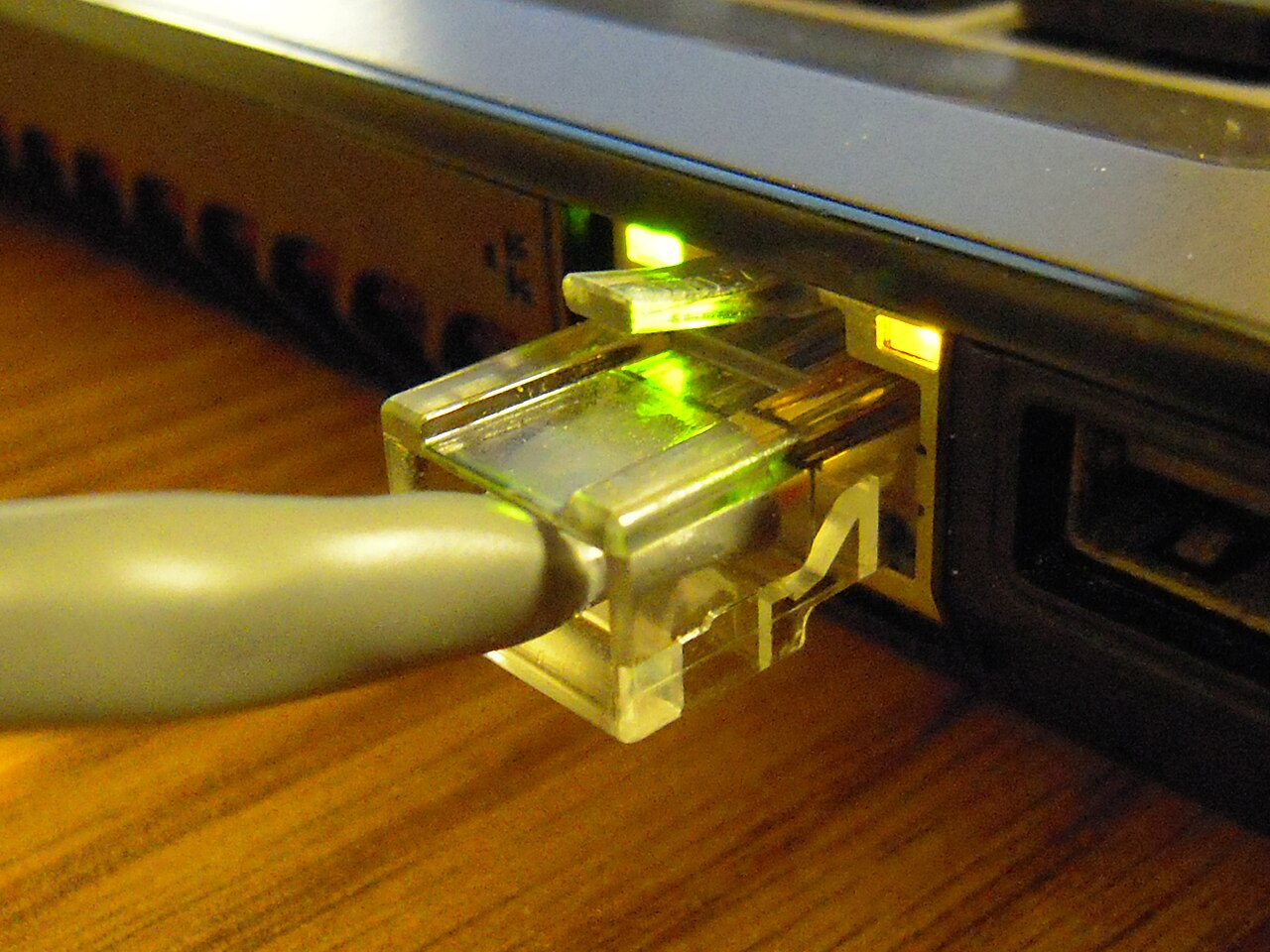 Hello Folks,
Hello Folks,
Today, I encountered a challenging issue when my network driver mysteriously vanished. I decided to investigate this problem, and I’d like to share the steps I took to resolve it.
Step 1: Checking Network Interfaces
First, I ran the following command to verify the presence of the wlan0 interface:
ifconfig
To my surprise, wlan0 was nowhere to be found.
Step 2: Restarting NetworkManager
I attempted to restart the NetworkManager service with the following commands:
sudo systemctl status NetworkManager
sudo systemctl restart NetworkManager
Unfortunately, these actions didn’t provide a solution.
Step 3: Reinstalling NetworkManager
After conducting some research, I decided to reinstall NetworkManager, thinking it might resolve any missing dependencies:
sudo apt install NetworkManager
Regrettably, this approach also proved ineffective.
Step 4: Customizing Network Configuration
Desperate for a solution, I ventured into customizing a configuration file. To do this, follow these steps:
sudo nano /etc/network/interfaces
Once inside the configuration file, append the following lines:
auto eth0
iface eth0 inet dhcp
After saving the changes and rebooting the system, the eth0 network interface appeared when I executed:
ifconfig
Step 5: Exploring the GUI Option
Digging deeper into the issue, I stumbled upon an alternative method using the GUI. To test this approach, enter the following command in your terminal:
nm-connection-editor
This command opens a window displaying all available network interfaces. If any network interface is missing (as was the case with eth0), you can add it through the GUI interface.
With these steps, I was able to restore my network connectivity and resolve the missing network driver issue. Troubleshooting network problems can be challenging, but with patience and persistence, solutions can be found.
Best regards,
Anson Sarosh Dsouza